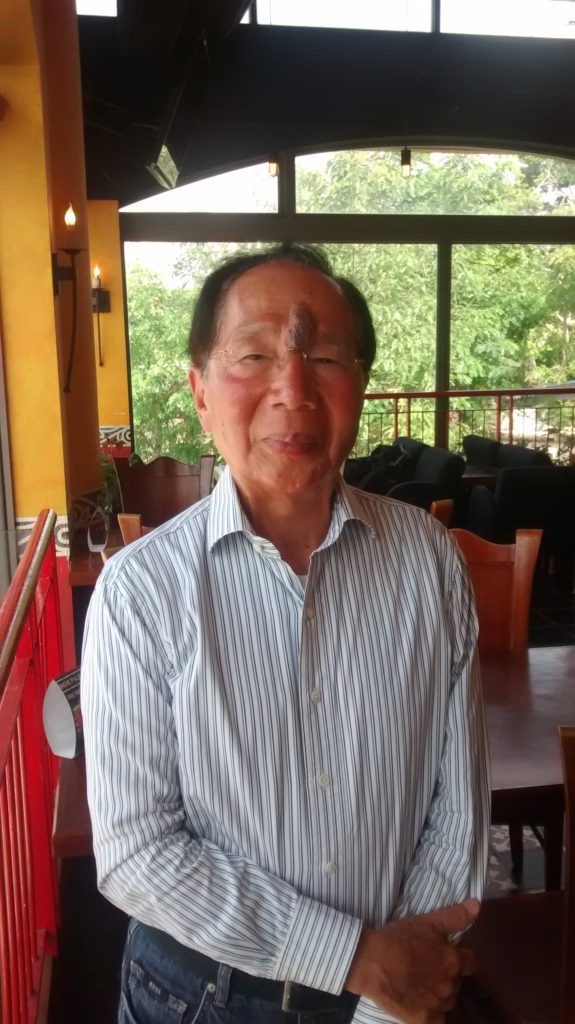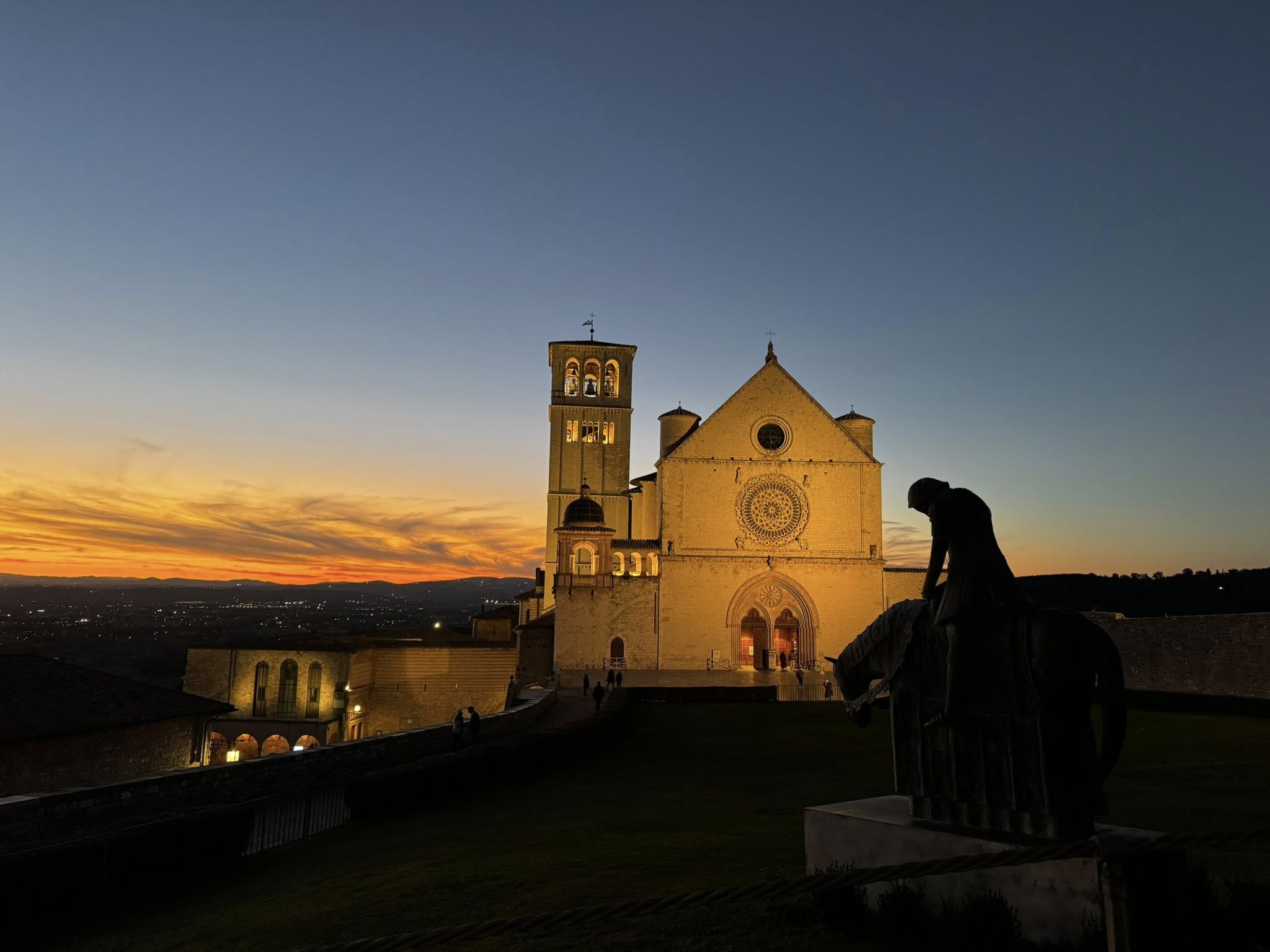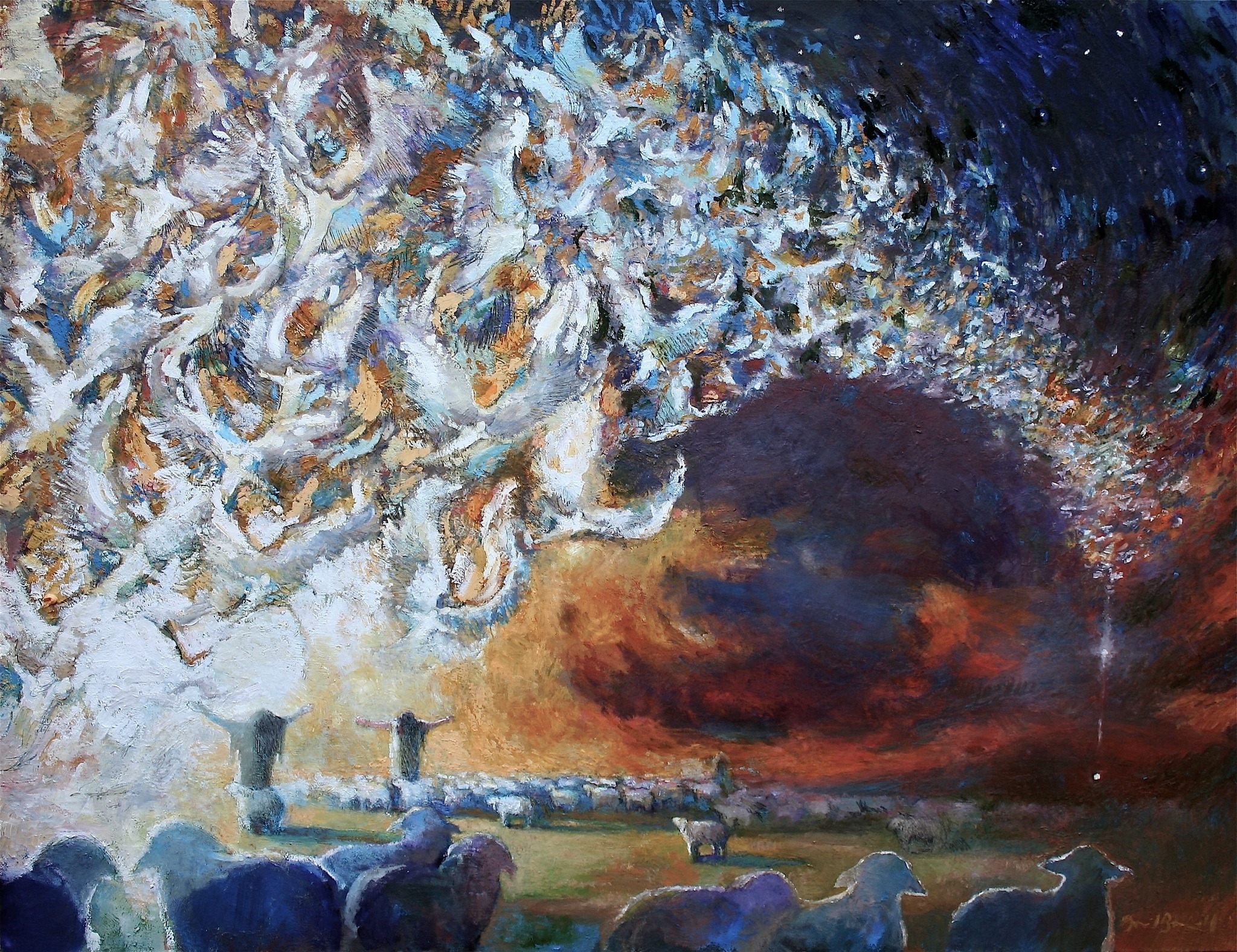– ROBAIRD O’CEARBHAILL
Hong Kong Correspondent
From a career as a successful international banker in Sydney, London, as well as in New York, Chicago and San Francisco, Francisco Da Roza sticks to his roots with pride. Schooled in Macau, with ancestors from Portugal who arrived in the territory over 300 years ago, and his family have been living in Hong Kong since 1842, the year Britain seized the Island. What better representative of the Portuguese in Hong Kong, whose family, as generally Macanese do, steadfastly maintain their Portuguese culture, cuisine, nationality and of course, their Faith.
Despite some of Da Roza’s recent ancestors being born in, and lived in pre-communist Shanghai – and his mother was Chinese – he is nevertheless, without doubt, a citizen of Macau, Hong Kong, Portugal, and of course of Chinese blood too. And as is so often the case after upheavals in China, such as the Cultural Revolution, fear drove people away from Macau and Hong Kong, thus he has German relatives, through marriage, and Venezuelans through emigration.
After a stellar career in banking and finance, and four years as President of Hong Kong’s Club Lusitano, ever energetic Da Roza has embarked on two special projects. Firstly, he is ensuring that future generations of Da Rozas have access to the family heritage, through a detailed family history going back to early 17th Century Portugal, and that is as far Da Roza has traced until now. Secondly he is steering a grand project at the Hong Kong Museum of History focusing on the significant diverse roles of Portuguese in Hong Kong, who at the beginning nearly all came from Macau, as co-builders of the colony.
They were, in early decades, the largest foreign part of the population, including the British, but linguistically and culturally more adept than the overlords. They were both, highly unusually, Europeans and Asians too, who spoke Chinese fluently and were conversant in Chinese culture and English, as well as their mother tongue.
The exposition will be standing out for another reason too. It will give pride of place to the Portuguese in the territory. It will not be just one focus, on rotating exhibitions of non-Chinese communities at the museum, but the first in a series, celebrating the territory’s foreign cultural diversity.
The exhibition will not be modest either, quite the opposite. It will run for two years spread an extensive space.
In interviews with O Clarim, Da Roza revealed details of this significant project in progress, celebrating the Portuguese contributions to the growth of Hong Kong – nearly all from Macau Portuguese origins – and their importance in the history of the territory. Furthermore, on a personal level, behind the imposing project is a multifaceted man, who disclosed how Hong Kong and Macau family and the Church shaped the man he is today.
Tell me about the whys and whats of the Museum of History project portraying the Portuguese presence in Hong Kong. For example, what will the content be?
The Hong Kong Museum of History is revamping its main exhibition, “The Hong Kong Story.” For the first time, the histories of the foreign communities will also be showcased. The Portuguese community being the largest at one time, has been invited to proceed first. Afterwards, other foreign communities like the Indians, the Jews, the Parsees will be invited. It is to be a rotating thematic exhibition of the foreign communities of Hong Kong. For the time being, the new exhibition, including the history of the Portuguese community scheduled to be launched in 2022.
The contents will be of two main themes – (1) Historical and (2) Portuguese legacies, culture and heritage. Historical: Before Hong Kong, mainly the Canton trade days when contact and dealings took place between the Luso-descendants in Macau and the foreign traders, mainly the British and the British brought our people to come to Hong Kong to help to build the new-found colony; pioneers, helping to build the hard and the soft infrastructure of Hong Kong; clerical workers, the backbone of the Civil Service, the Hongs, the banks and other business enterprises and then, beyond the clerical class, the professionals and the entrepreneurs; Governance; Defense and Security; Sports and the Ongoing Story.
Due to our being unique because of our Luso-Asian heritage, our linguistic abilities and from there, our having the empathy and the acceptance by the British as acclimatized Europeans and the Chinese, we, not being quite the foreign devil, were the middlemen and played the role most successfully and were able to achieve what we achieved. We contributed, we made history and we are part of Hong Kong.
Portuguese legacies; words and phrases from Portuguese, for example, “min pao”, “bread” in Cantonese came from “pão” and names of places, for example “Lamma Island” came from “lama,” Portuguese word for mud and then, there is the religion, the fusion food and our dialect, Patuá.
Who is involved? When and for how long will the exhibition and with how much space in the museum?
It is The Hong Kong Museum of History with me helping out as Guest Curator. Club Lusitano is also involved. Where needed, experts historians/researchers will be appointed. The exhibition is scheduled to run for about two years. The scheduled space is about 400 to 500 sq. meters. A professor at the Macau University has contributed his research about our dialect.
Why are you involved? What are your motivations ?
I can provide directions and I have the connections to our communities in Hong Kong, Macau and overseas. I am knowledgeable in English, Portuguese and Cantonese. I grew up partly in Macau and was brought up in the very traditional ways and in the community.
How much is the Catholic church part of the Portuguese Catholic community?
Catholicism is central to our people. It is a heritage from our Portuguese forebears. Our community in Hong Kong helped to build the churches here, send for the Catholic orders to build the schools so that our children would be educated in the Catholic ways.
How important was Catholic education for you and your wife and family?
My wife, Helen, and I are most grateful for being educated in Catholic schools. It was a first rate education. The priests and the nuns, not only were they qualified; they had the best interest of the students in their hearts. That education provided the solid foundation. Moreover, there was also the religious and moral education.
How important is Catholic Faith, Charity, prayer and the sacraments and other qualities of our religion to you and your family?
There is the faith, there is the framework for behaving and there is the tranquility that is needed from time to time.
How important has been your family to you and its importance now?
My family is the center. When Helen and I married, we were sure and we proceeded to build our lives around the family. We brought up our three children, António, André and Alexandra in the family way. All three have achieved much but the achievements do not matter. What matters – which we are proud of – the three of them, they have a kind heart.
How important has Macau been to you and what is its importance to you now?
I grew up in Macau and growing up there gave me that Luso-Asian cultural identity. I have friends there and that is the continuing link.
Hong Kong has been important always important to you and still is today isn’t it?
Hong Kong gave me the opportunity to build my career and from there, go on to build a cultural identity that is global, having worked in Sydney, London, New York, Chicago and San Francisco. My strength, I move and cross the cultural divide between the East and the West easily.
About my forebears, the first arrived Macau from Portugal more than 300 years ago, Manual Vicente (the 2nd line, that is, the second generation traced). He became rich and powerful and not having any issues, sent for his nephew, Simão Vicente, to inherit his estate. I am a direct descendant of Simão Vicente. The family was rich and powerful at one time, even owning the Ilha Verde, the Green Island. The family traded in opium and other commodities and goods and owned vessels.


 Follow
Follow

